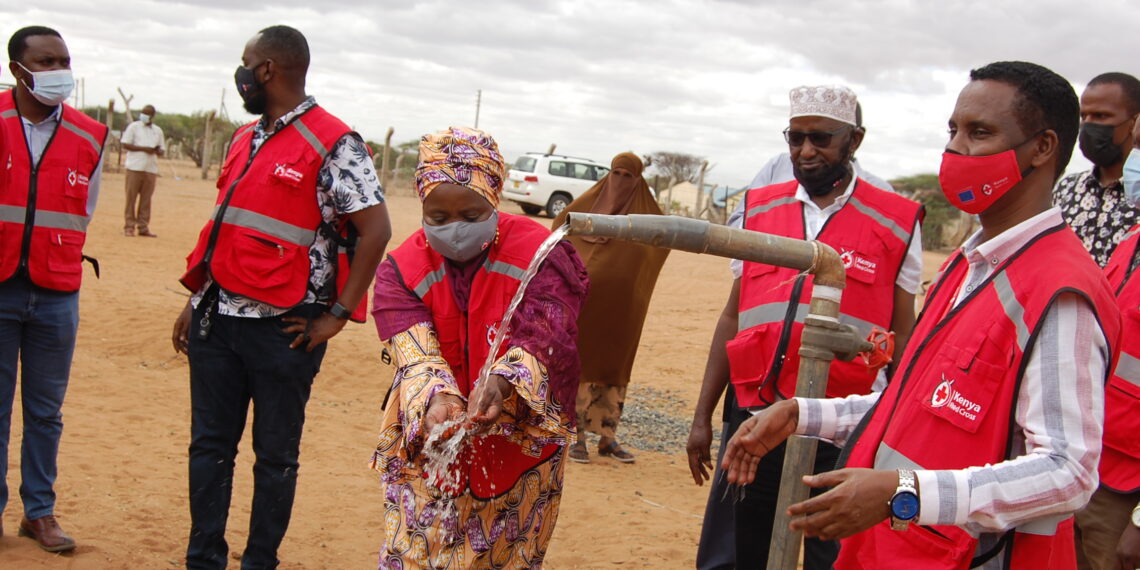To reduce costs due to a funding shortage, the Red Cross said Tuesday that it would eliminate 1,500 jobs during the upcoming 12 months.
The funding for humanitarian relief is anticipated to decline during the next two years, according to the International Committee of the Red Cross (ICRC), forcing it to make major concessions.
“ICRC will need to be more deliberate in directing efforts towards programmes and places where we can have the greatest impact, in line with our mandate to provide life-saving relief and protection services to people living through armed conflict and violence,” it said in a statement.
The Geneva-based organisation said that on March 30, its governing board had accepted a global cost reduction plan totalling 430 million Swiss francs ($474 million) through the beginning of 2024.
The ICRC stated that it was obvious that "about 1,500 jobs worldwide will have to be reduced over the coming 12 months," even if the specifics and timetables for the layoffs were still being worked out.
“The number of people impacted will be minimised as much as possible by reducing positions first and foremost through a recruitment freeze and natural turnover,” it added.
The ICRC admitted that the changes also meant that "at least 20 of our 350 facilities around the world will close," and that it would "also be pulling back and eliminating several of our programmes."
It stated that it was yet unclear how many people currently getting aid would have to go without due to the cuts.
Almost 100 nations are home to the ICRC's 20,000 employees.
ICRC initially requested 2.8 billion Swiss francs from donors this year.
Although it highlighted that "we still require significant support from our donors to cover our humanitarian operations this year," it has now reduced its budget to two billion francs.
The 160-year-old ICRC had already issued a warning in several media appearances last month that it might be headed into a substantial budget shortfall for 2023 that could necessitate downsizing.
It stated at the time that only Ukraine is likely to receive full funding this year out of its ten largest operations, which are Afghanistan, the Democratic Republic of the Congo, Ethiopia, Iraq, Nigeria, Somalia, South Sudan, Syria, and Yemen.
It noted in its announcement on Tuesday that it was dealing with many issues at once, with certain commitments failing to materialise.
At the same time, expenses in the last quarter of 2022 were higher than anticipated, partly because of inflation.









